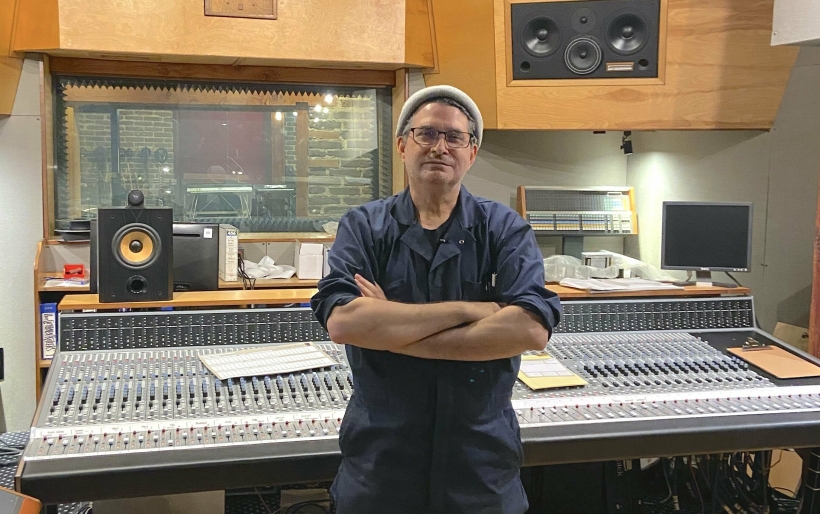I remember exactly where I was the first time I heard Steve Albini’s music. I was a freshman in high school, just at the age when I was growing tired of the classic rock albums I’d been jamming since childhood and looking for something harder. I’d already found plenty of “lo-fi” and “noisy” albums from internet forums – In The Aeroplane Over The Sea, Loveless, White Light/White Heat – and while I loved them all dearly, and admired their unconventional production, I never understood why people would describe those records as if they were some great challenge to listen to. Maybe it was my young ears that had grown up listening to music on phone speakers, consuming the news of the ever-worsening world through shaky cell-phone footage. My ears were used to hurting. I figured that I’d never find anything that could really deliver on the ear-torture I sought, that my quest to recreate the electric sensation of hearing a distorted guitar for the first time was completely bust.
Then someone told me to listen to an album called Songs About Fucking. The album cover was simple. The name of the band, Big Black, and in smaller letters, the ridiculously profane title. A green background and a cartoon of a moaning woman. It felt dangerous to have it on my phone. I got the sense that my Mom would be furious if she saw what I’d just downloaded. It felt like contraband. And walking between classes, listening to it on my tiny little wired earbuds, I clicked the first track. I know exactly what part of exactly what hallway in my school I was in when I heard Steve wail out those opening lyrics: “The backBONE of this country is the independent truckers”! I had my volume cranked all the way up and near-instantly got a migraine. I couldn’t believe what I was hearing. The guitars were so blown-out and treble-boosted they sounded like a swarm of wasps that had gotten hold of a chainsaw. For a few seconds, I was convinced that my earbuds were broken. It felt like I was hearing rock music for the first time again.
